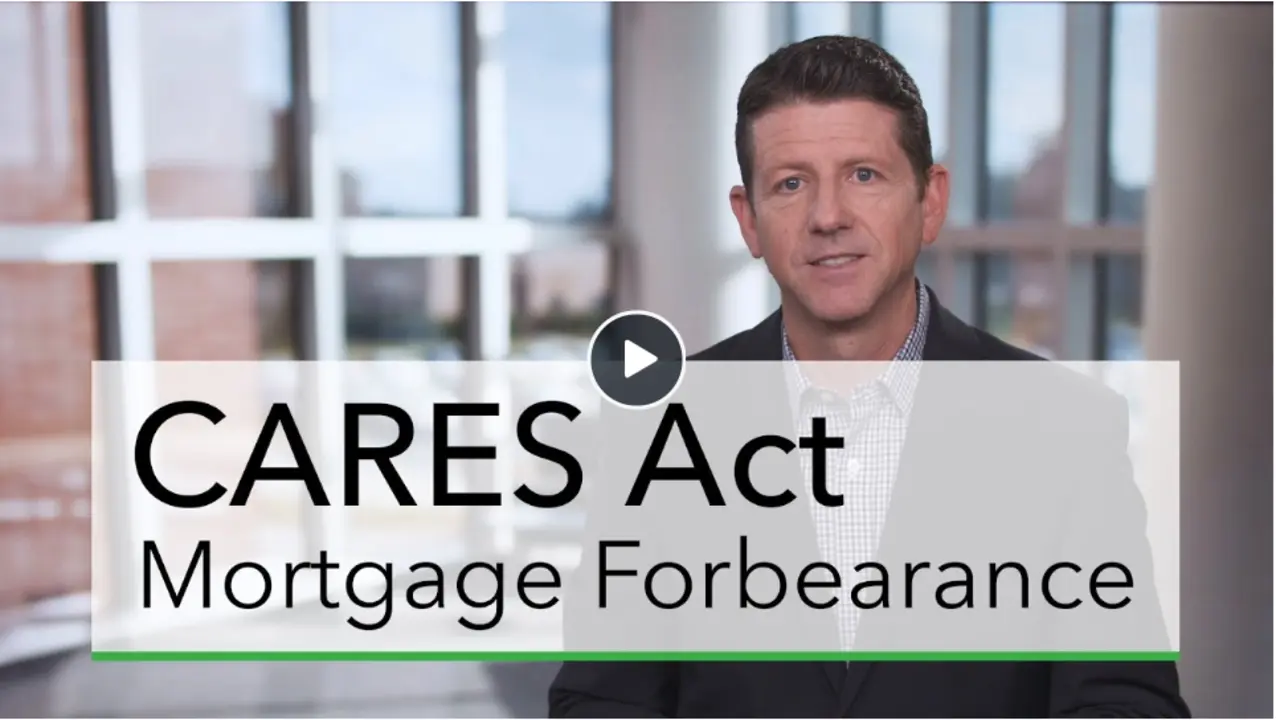Category: Mortgage Advice
What is a mortgage forbearance, and how long is it for?
Mortgage forbearance is a temporary agreement between a homeowner and a lender to suspend or reduce payments due on a loan. The agreement typically lasts for a specified period of time, usually several months. During this period, the lender agrees not to pursue collection efforts, such as foreclosure or repossession of the home. This allows the homeowner to catch up on missed payments or to gain relief from other financial hardships. The agreement must be made in writing and acknowledged by both parties. After the forbearance period ends, the homeowner is responsible for making up the missed payments and bringing the loan current.
How much do you pay a mortgage broker?
Mortgage brokers play an important role in helping individuals and businesses find the best mortgage for their needs. They act as an intermediary between the borrower and the lender, providing advice and expertise on a range of mortgage options. The cost of using a mortgage broker varies depending on the services they offer, the type of mortgage and the amount being borrowed. Generally, the broker will charge a fee of between 1% and 2% of the loan amount. They may also charge an hourly fee, or offer a flat fee for specific services. It is important to check with the broker about their fees before signing any agreement.

